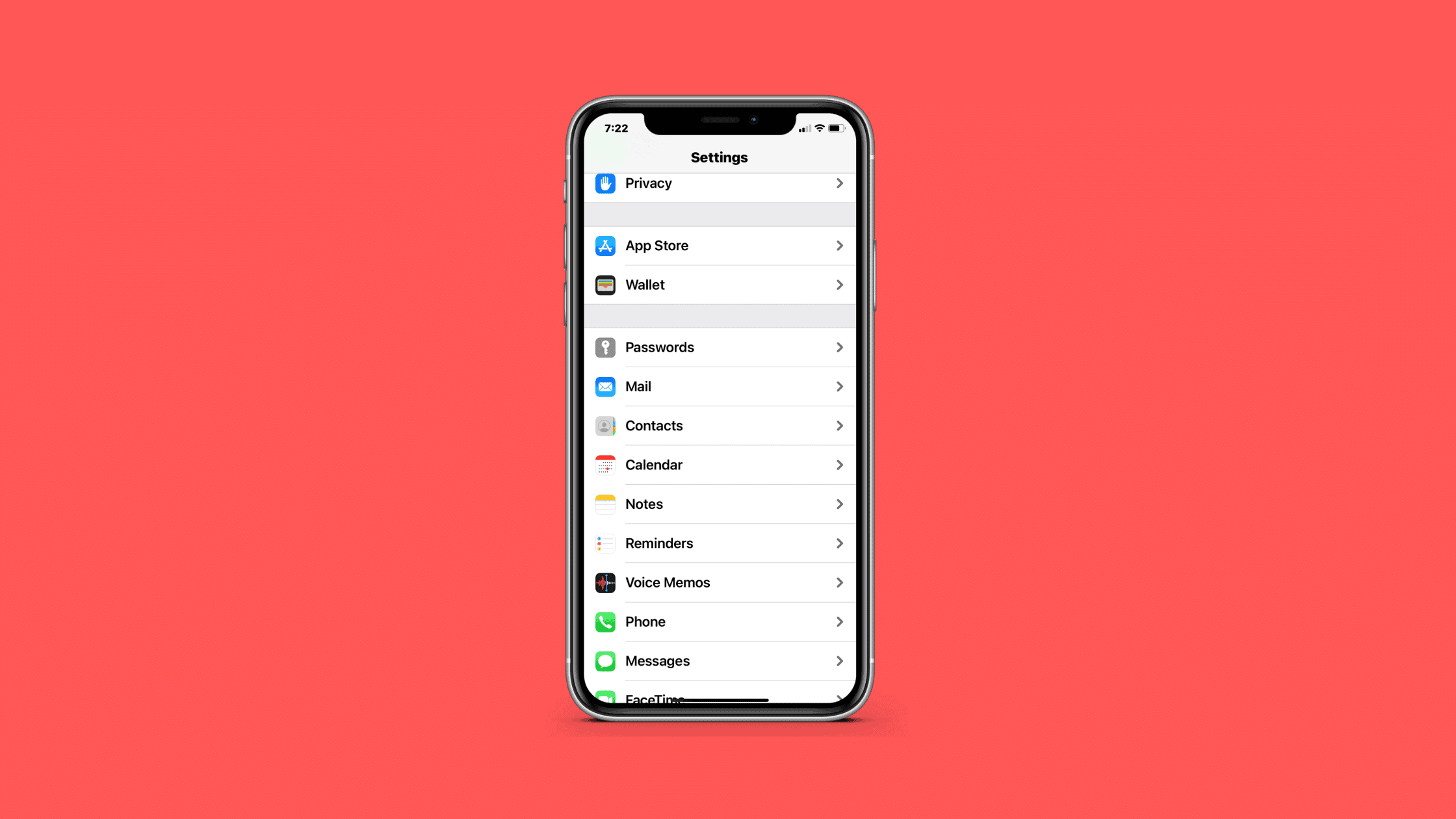Table of Contents
How To Find Saved Passwords On Your iPhone
Seeing your saved passwords on your iPhone can be extremely helpful in a number of situations. For example, if you need to quickly lookup a password for an account or service that you don’t often use, being able to see it on your iPhone can save you a lot of time.
Additionally, if you’re ever concerned that someone may have access to your saved passwords, being able to see them can help you take steps to change them and secure your accounts.
When you use your iPhone to access websites and apps that require a password, you have the option to save those passwords in your iCloud Keychain. This can be a convenient way to keep track of your passwords and avoid having to enter them each time you want to log in to something. However, it’s important to understand how these saved passwords work and how to keep them secure.
Saved passwords are stored in your iCloud Keychain, which is a secure location that only you can access. When you save a password in your iCloud Keychain, it is encrypted and stored in such a way that only you can decrypt and use it. Apple cannot access your iCloud Keychain or see the passwords you have saved.
iCloud Keychain:
iCloud Keychain is a feature that Apple offers to iPhone and iPad users that stores their passwords, credit card information, WiFi passwords, and other sensitive data in the cloud and makes it available across all of their devices. It’s a great way to keep your important information backed up and synced between devices, but it can also be a security risk if you don’t know how to use it properly.
You can choose to have your iCloud Keychain sync across all of your devices, or you can keep it local to just one device. If you do choose to sync it across devices, your iCloud Keychain is protected with a passcode that only you know. This passcode can be different from the passcode you use to unlock your device.
If you’re concerned about someone being able to access your iCloud Keychain, you can choose to set a passcode for it that is different from the one you use to unlock your device. You can also choose to erase your iCloud Keychain data completely if you need to.
Features Of iCloud Keychain:
Manage Passwords: The main key feature of iCloud Keychain is the ability to view and manage your passwords. By default, iCloud Keychain will save any new passwords that you create on an application or website in Safari.
Autofill: iCloud Keychain allows you to autofill passwords when you open the app or website login page on the Safari browser.
Security Recommendations: iCloud Keychain is capable of providing an inside about the Password compromises. It securely monitors your passwords and alerts you if they appear in known data leaks.
Sync With Your Other Apple Devices: iCloud Keychain also allows you to share the saved passwords with your other Apple devices. This sync only works on the devices that are logged in with the same Apple ID.
How To See The Saved Passwords On Your iPhone?
To view your saved passwords on your iPhone runs iOS 11 to 14, simply open the Settings app and navigate to Passwords & Accounts > Website & App Passwords. Here you’ll see a list of all the accounts for which you have a saved password. Simply tap on an account to view the password.
Step 1. Open the Settings App on your iPhone
Step 2. Click on the Passwords
Scroll down until you see Passwords. Click on it.
Step 3. See the Saved Passwords on your iPhone
You will see all the passwords saved passwords on your iPhone in iCloud Keychain with AutoFill and Security Recommendation settings.
Wrap Up:
While it’s generally a good idea to have your passwords saved on your iPhone, there are a few potential downsides to doing so. First, if your iPhone is ever lost or stolen, anyone who gains access to it will also have access to your passwords. Second, if someone were to hack into your iCloud account, they could also view your saved passwords.
For these reasons, it’s important to use a strong password for your iCloud account and to enable two-factor authentication if possible. Additionally, you may want to consider using a password manager like Dashlane, 1Password, or LastPass that stores your passwords in an encrypted format.
We hope this post would help you know how to find saved passwords on your iPhone. Please share this post and help to secure the digital world. Visit our social media page on Facebook, LinkedIn, Twitter, Telegram, Tumblr, & Medium and subscribe to receive updates like this.
You may also like these articles:
Arun KL
Arun KL is a cybersecurity professional with 15+ years of experience in IT infrastructure, cloud security, vulnerability management, Penetration Testing, security operations, and incident response. He is adept at designing and implementing robust security solutions to safeguard systems and data. Arun holds multiple industry certifications including CCNA, CCNA Security, RHCE, CEH, and AWS Security.
